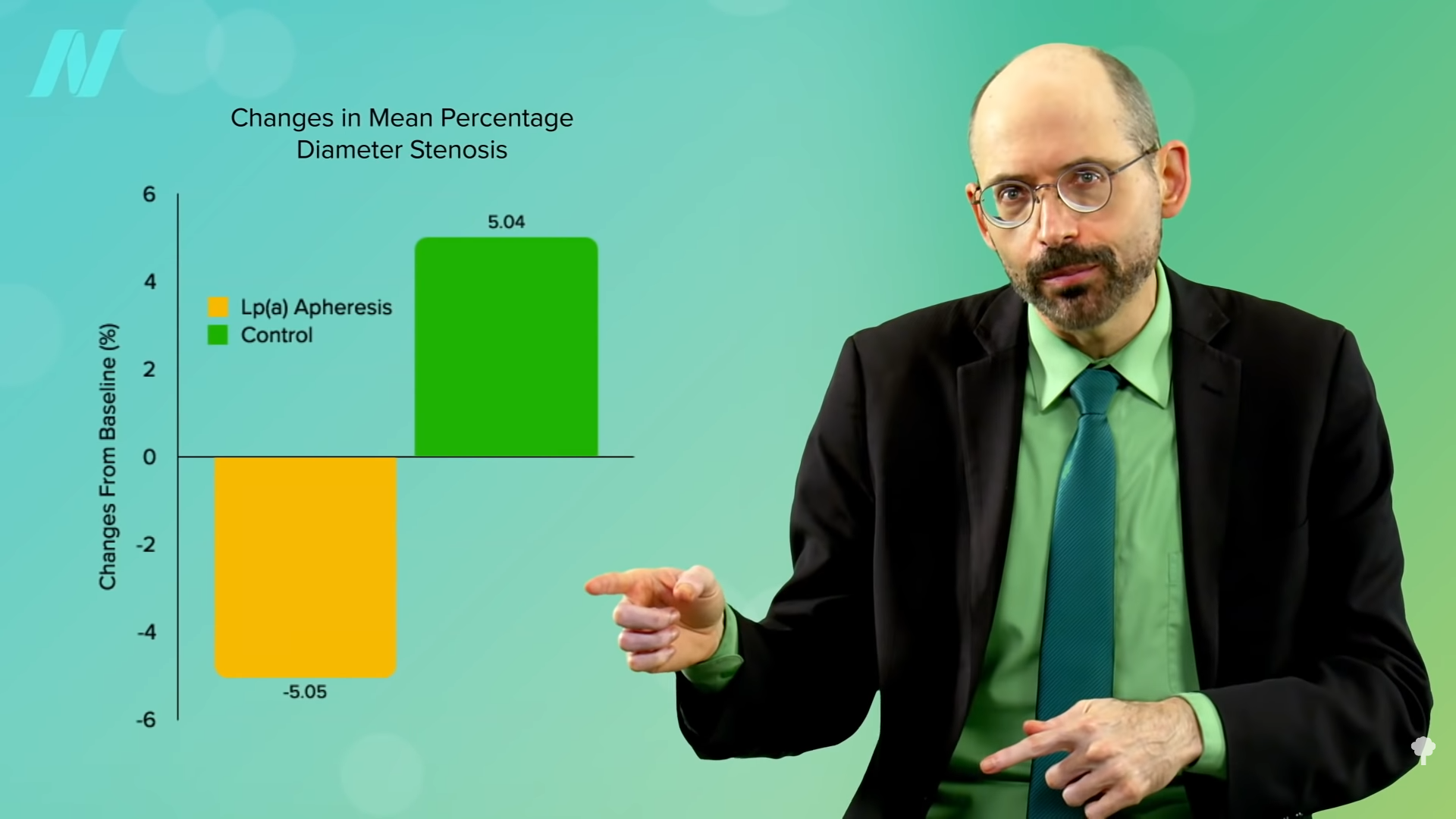What could explain severe coronary disease in someone with a healthy lifestyle who is considered low cardiovascular disease risk? A young man ended up in the ER after a heart attack and was found to have severe coronary artery disease. Despite his low ten-year heart attack risk, his high lipoprotein(a) levels at 80 mg/dL may provide an explanation. This phenomenon can also be observed in women, such as a 27-year-old with a heart attack and high Lp(a) levels. But what is Lp(a) and how can we address it?
Discussing in the video Treating High Lp(a): A Risk Factor for Atherosclerosis, Lp(a) is a significant cardiovascular risk factor that contributes to heart disease, strokes, and other cardiovascular issues. Even individuals with normal cholesterol levels can be affected by Lp(a) due to its role in transferring cholesterol into artery linings. Despite its importance, many healthcare providers have yet to recognize the impact of high Lp(a).

The lack of effective therapies to lower Lp(a) levels restrained its clinical use as its concentrations are predominantly genetically determined. Despite this, understanding one’s Lp(a) status can guide proactive measures to manage modifiable risk factors such as smoking cessation and maintaining healthy cholesterol levels.
With blood Lp(a) levels varying significantly from person to person, understanding optimal levels can be crucial for cardiovascular health. A study illustrates the odds of heart disease corresponding to different Lp(a) levels. Individuals with elevated Lp(a) concentrations, exceeding 30-50 mg/dL, are at an increased risk, affecting a large proportion of the global population.

Apheresis treatments, which involve removing blood, filtering out Lp(a), and reintroducing the blood, have demonstrated a reversal of atherosclerosis progression. However, practical limitations hinder widespread adoption, given the costs and logistical challenges associated with these procedures.

Although apheresis can effectively reduce blood Lp(a) levels, its temporary nature necessitates repeated costly sessions. Addressing diet modifications as a more sustainable approach to managing Lp(a) levels presents an appealing alternative. Stay tuned for insights into dietary interventions in the upcoming video.
Discover effective strategies to reduce the risk of heart disease by watching my video How Not to Die from Heart Disease.
. If the provided articles seems to be less than 200 characters, try to generate an article using this title: How to Treat High Lp(a), an Atherosclerosis Risk Factor.






